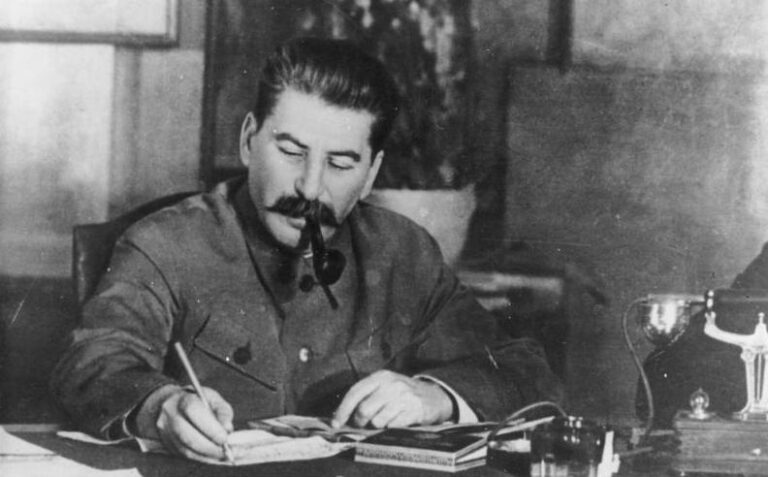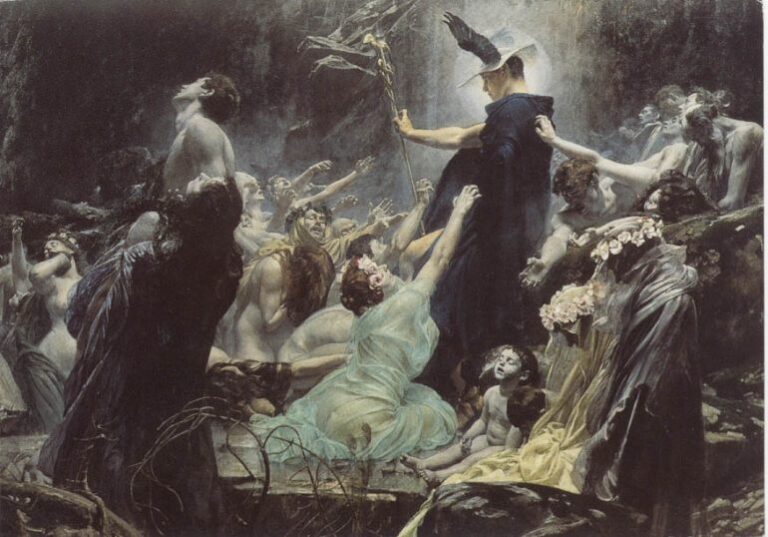Judaism in “What We Talk About When We Talk About Anne Frank” and “Ask for a Convertible”
How does one raise a child to be culturally Jewish, to speak Hebrew and find meaning in the familial and ritualistic aspects of the holidays, without going to synagogue, fasting, or talking about Hashem? How can we explain to our son that he can be American but also Israeli?




